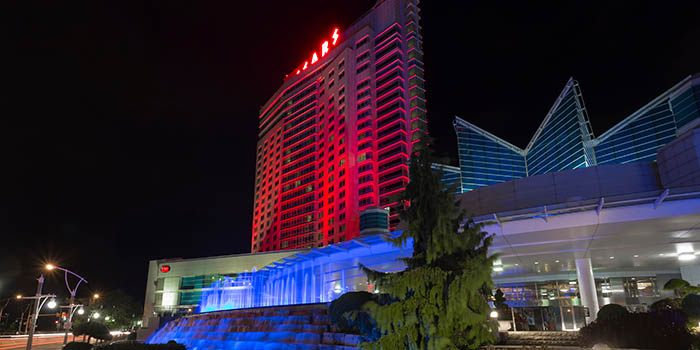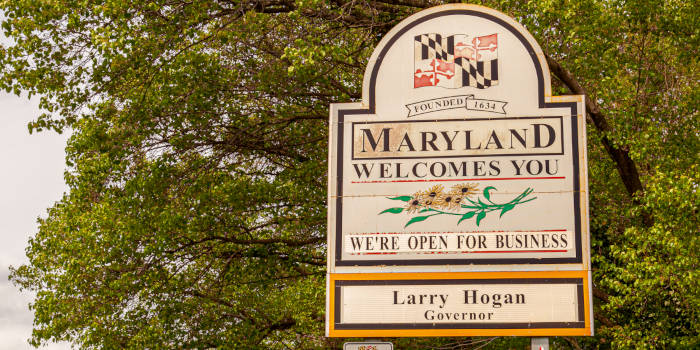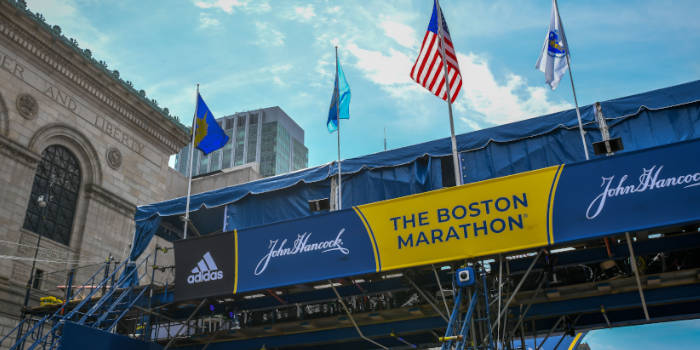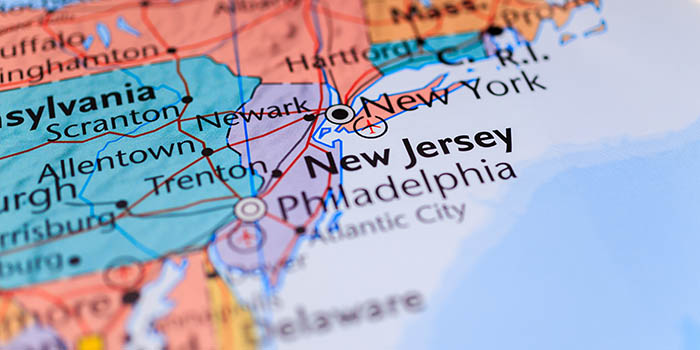Eldorado Faces $2.3M Per Day Ticking Fees For Missing The Deadline

Recently, the American Gaming Association announced all commercial casinos in the US have temporarily closed, in response to the coordinated effort to stop the coronavirus /Covid-19/ infection from spreading further by cutting its transmission from one person to another.
Tribal casinos were following suit, leaving the whole casino industry in a standstill, and raising some questions regarding certain developments within the industry. One such development is the mega-merger deal between Eldorado Resorts and Caesars Entertainment.
For the $17.3 billion cash plus stock deal everything was going as planned, while Eldorado was collecting state approvals one after the other, after securing a huge $7 billion financing at the start of the deal from three banks, J.P. Morgan, Credit Suisse and MacQuaire, and also considering additional funds from sales of assets in states where both companies have overlapping operations, including some properties on the Las Vegas Strip. And then the coronavirus has struck.
Ticking Fees Improve The Price For Shareholders
It turns out the deadline of the deal in which the small Reno-based operator is acquiring its competitor, for a price of $12.75 per share, was this Wednesday. But the acquisition did not complete and now Eldorado has to pay $2.3 million, $0.10 per share, in ticking fees, for every day of delay beyond the negotiated deadline for completion.
Termination Fee
The presence of ticking fees in such deals is a rare one as they have mixed effect on speeding up the acquisition process as most deals have penalties for failure to close. If Eldorado chooses to abandon the merger, it would have to pay $836.8 million termination fee. In general, ticking fees present hidden potential for shareholders to achieve an even higher price per share, and create an additional incentive for shareholder approval. In this case, Caesars sought the fee in exchange for giving Eldorado an exclusive negotiating period before the deal was announced.
Determination To Close
Eldorado Resorts was targeting to close the deal in the second quarter of 2020, looking to acquire the approvals from all states both companies have operations, as well as from the Federal Trade Commission, and it still looks determined to push forward, despite the current casino industry situation. However, neither Eldorado, nor Caesars chose to respond to requests for comments regarding fees.
The uncertainty around the temporary casino closures prompted speculations whether the merger deal that was about to create the biggest casino operator with around 60 casinos across the states, would be finalized, especially when the industry was also hugely impacted by the slide in gaming operators’ stock prices, though the stock market has started to recover after Senate’s approval of a mammoth $2 trillion economic stimulus package.
Deal Finalization Still Up In The Air
If Eldorado needs to sell a property to secure additional funding, who is going to buy a casino that is closed? Or a conference hall when there are almost no international flights and people are restricted from travelling?
A failure to close the deal will favour the three investment banks providing most of the funding, as recently they were reported to be struggling to offload the debt from the deal to investors.
Mike made his mark on the industry at a young age as a consultant to companies that would grow to become regulators. Now he dedicates his weekdays to his new project a the lead editor of GamblingNews.com, aiming to educate the masses on the latest developments in the gambling circuit.














